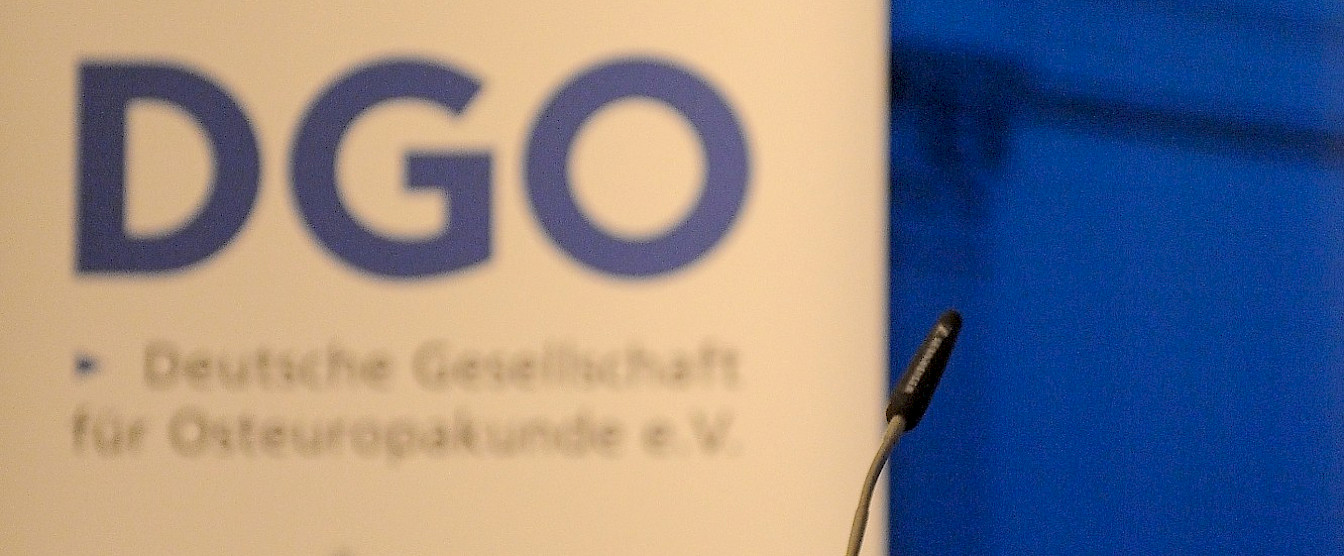
Shaping Europe: The Baltic States and their Role in Driving EU Reform
Since joining the European Union in 2004, Estonia, Latvia and Lithuania have evolved as member states with dynamic economies and strong support of the European reform agenda. Their contribution is manifest, for instance, in the areas of digital transformation as well as energy and transport. The three Baltic states are members of the Eurozone and support a tough stance on the issue of EU fiscal consolidation. While developments in the Baltic states have been on a positive track, the growing number of conflicts between Brussels and the Visegrád countries has been overshadowing the debate on the future of the EU and the role of the Eastern member states. At our meeting, we want to discuss a Baltic view on the future of the EU as well as the role the countries play in driving European reforms.
Key note speaker:
H. E. Edgars RINKĒVIČS, Minister for Foreign Affairs of Latvia
Discussants:
Andreas PESCHKE, Director, European Directorate-General at the Federal Foreign Office
Daniela SCHWARZER, Director, German Council on Foreign Relations (DGAP)
Chair:
Gabriele FREITAG, Executive Director, German Association for East European Studies (DGO)
Organized by the Robert Bosch Center, this event is part of a series of discussions hosted by the German Council on Foreign Relations in cooperation with the German Association for East European Studies. This event is supported by the Latvian embassy in Berlin. The discussions will be held in English. You are cordially invited to a reception after the debate.
As seating is limited, please RSVP at your earliest convenience to Yulia Loeva via email: events@dgap.org.
The first event in this series took place on 5 September and focused on “Security in the Baltics”.
Veranstaltungsprogramm
Program (PDF, 200 kB)
Datum:
20.09.2018, 18:30 Uhr
Ort:
Deutsche Gesellschaft für Auswärtige Politik (DGAP)
Rauchstraße 17
10787 Berlin
Sprache(n):
Englisch
Program (PDF, 200 kB)
Veranstalterin:
Deutsche Gesellschaft für Osteuropakunde